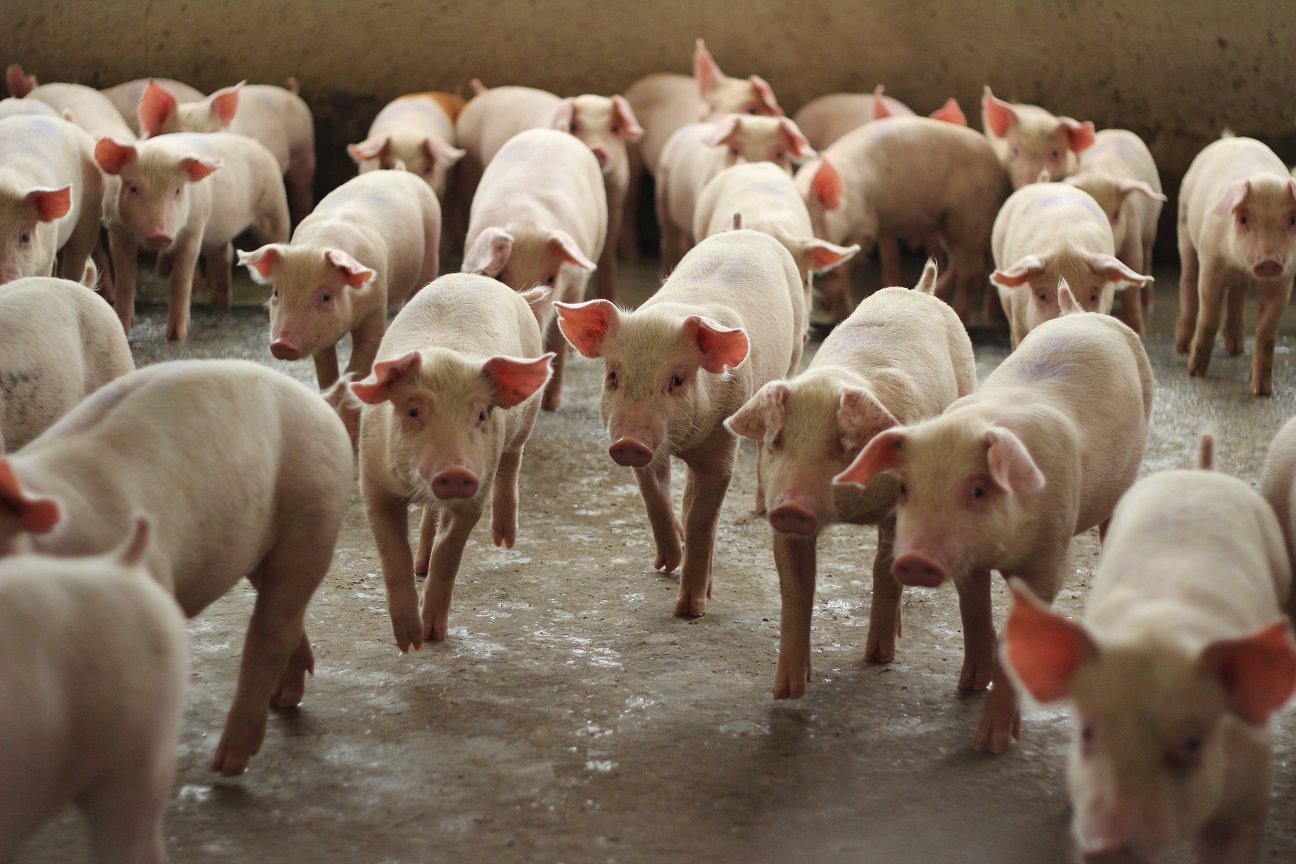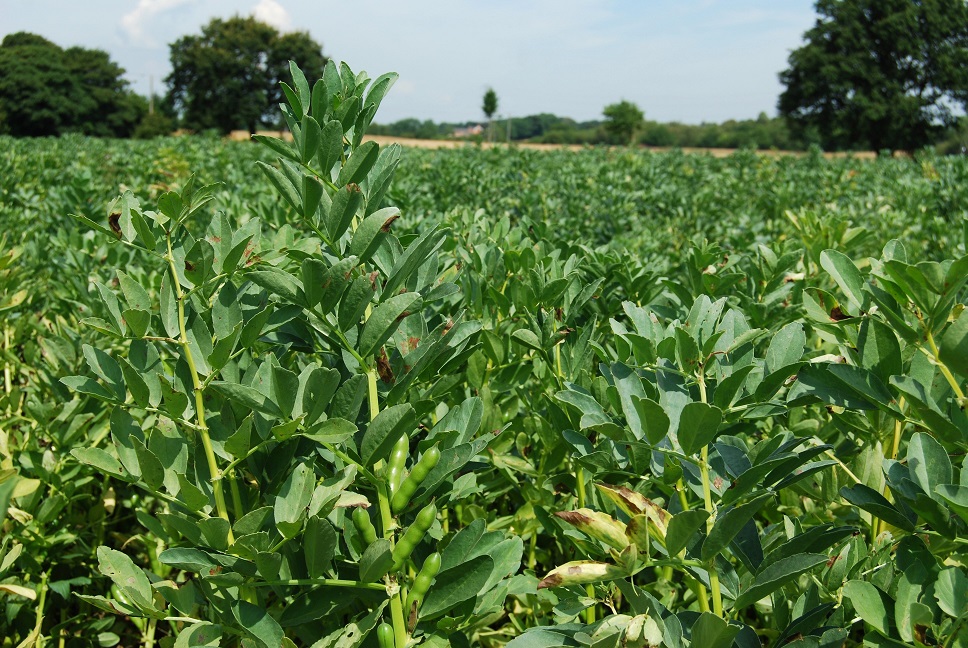The next step in the search for soya replacement in pig diets
As part of our long-term and continued strategy to reduce the carbon value of feed in pig diets, our latest trials looking into soya alternatives are returning encouraging early performance results, while significantly reducing environmental footprints.
With soya bean meal being one of the main contributors to the carbon value of feed, including land use change, the team at ABN have been working on an ongoing programme of trials looking at alternatives, in part driven by retailer requests.
“There has been some work across industry considering the use of pulses as an alternative to soya in monogastric diets, but these latest trials are looking at the next step, considering whether a pulse and rape blend can either replace or significantly reduce the use of soya in pig rations,” explains Dr Steve Jagger, ABN’s senior pig nutritionist.
Two separate trials are currently underway, across over 1,000 weaning pigs and a total of 4,000 finishing pigs. At the mid-way point, early signs are highly encouraging.
Finishing pig trial
The trials with finishing pigs, from 40kg to slaughter, have been looking at four levels of replacement, from full inclusion of soya all the way down to complete removal. It is being undertaken through three phased diets, at the growing, intermediate finishing and final finishing stages.
“At the final finishing stage, we can replace soya very easily in this diet, using rapeseed meal, whereas at the other two stages we have been looking at a blend of whole rape and pulses to replace the soya,” explains Dr Jagger.
The first stage of the trial, with 2,000 finishing pigs, has now completed and shown good performance levels, with equal performance to the soya-based diet. The next stage is due to complete before the end of the year, where we will combine and analyse our results and findings.
Weaning pig trial
The weaning pig trials, with pigs from 10-40kg, has looked at another extruded whole rape and pulse blend.
“While soya cannot be completely removed from the weaning pig diet, we have been able to significantly reduce it and achieve a good performance,” adds Dr Jagger.
“While growth rate was maintained, intake was increased so the FCR is not quite as good, meaning that it was not an identical replacement, however the carbon reduction was significant,” he explains.
Reduction in carbon value of feed
From the trials to date, there has been an approximate 40% reduction in the carbon value of feed, including land-use change, when comparing the full soya inclusion against the highest rape and pulse blend diet. These calculations are based on GFLI figures.
“These are significant reductions, and extremely encouraging. We are very enthused to see these trials through to their culmination, and will then combine and analyse the total results,” says Dr Jagger.
“Our ambition is to ultimately develop products to help the industry reduce its carbon values. While at the preliminary stages, these latest trials look like a significant step forward in this space,”.


